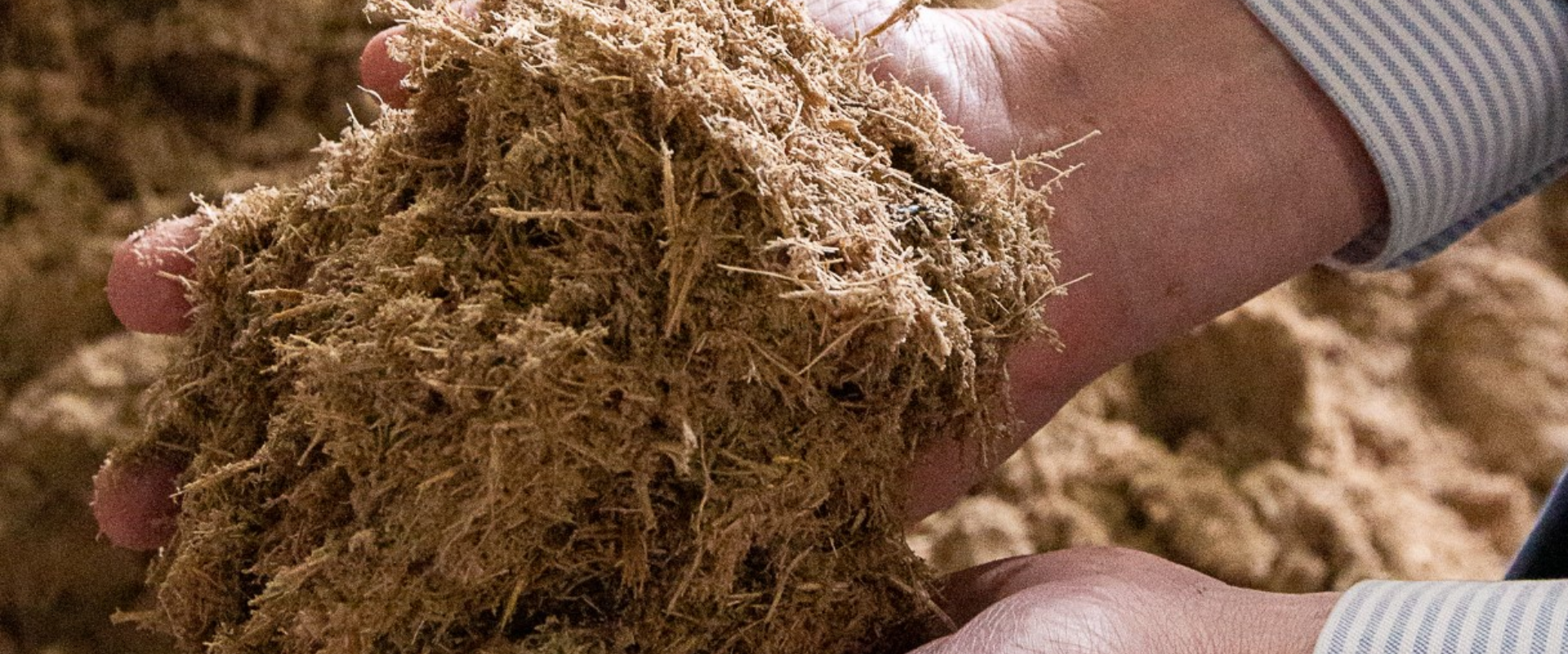
CREATING RENEWABLE PRODUCTS
FROM SUGAR CANE WASTE
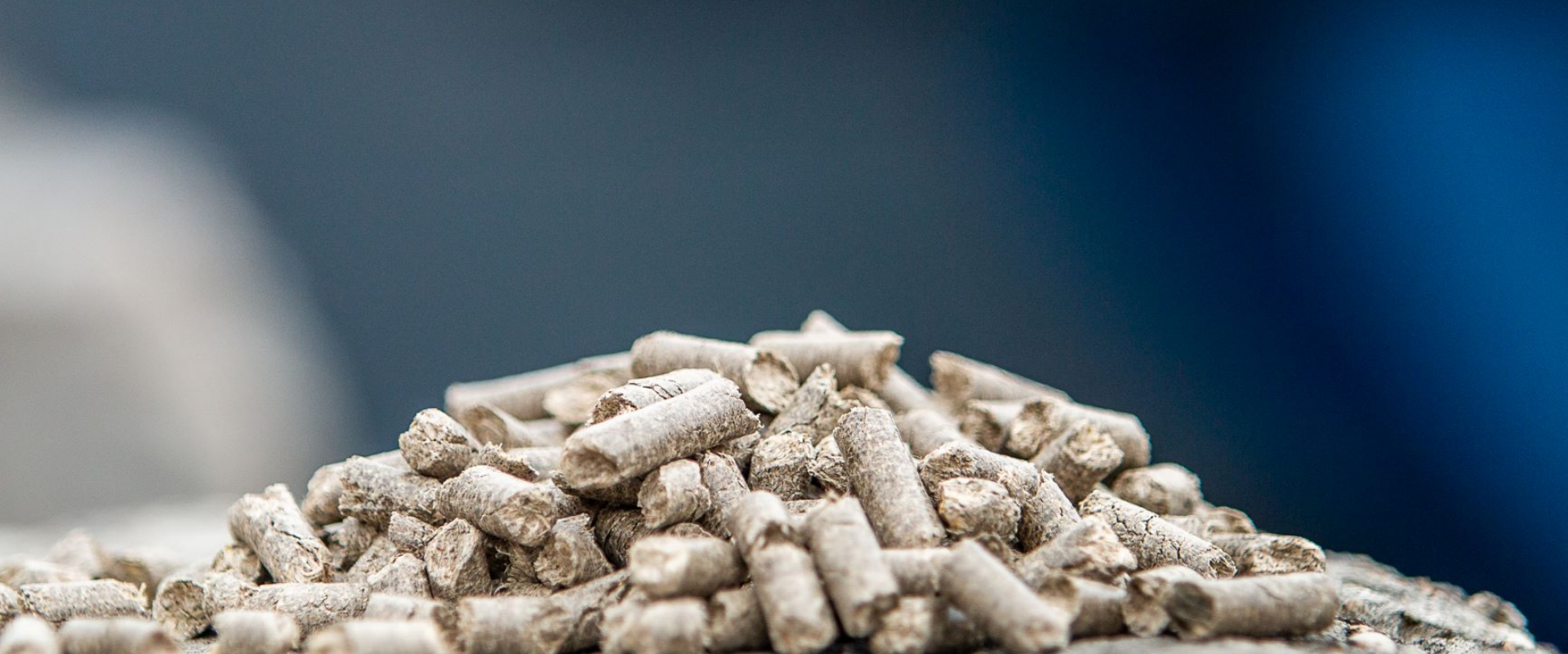
CREATING RENEWABLE PRODUCTS
FROM SUGAR CANE WASTE
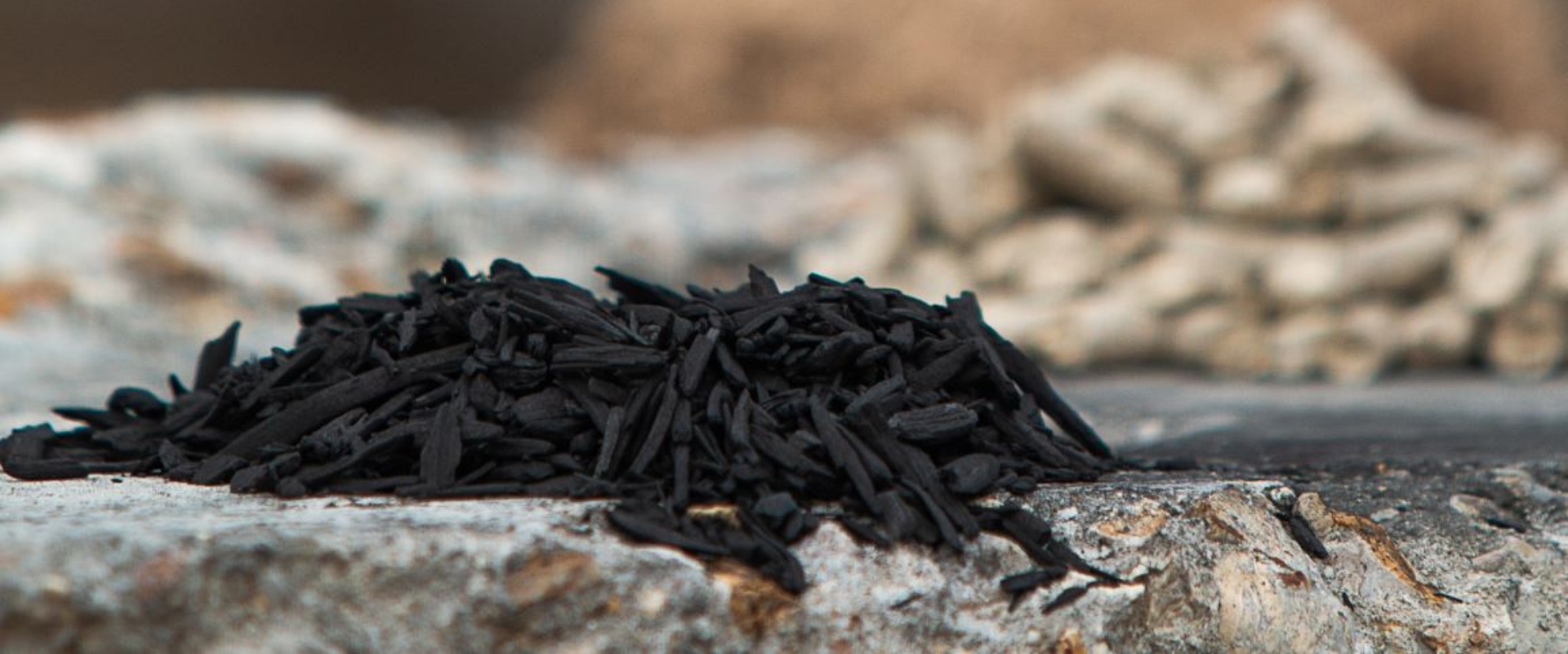
CREATING RENEWABLE PRODUCTS
FROM SUGAR CANE WASTE
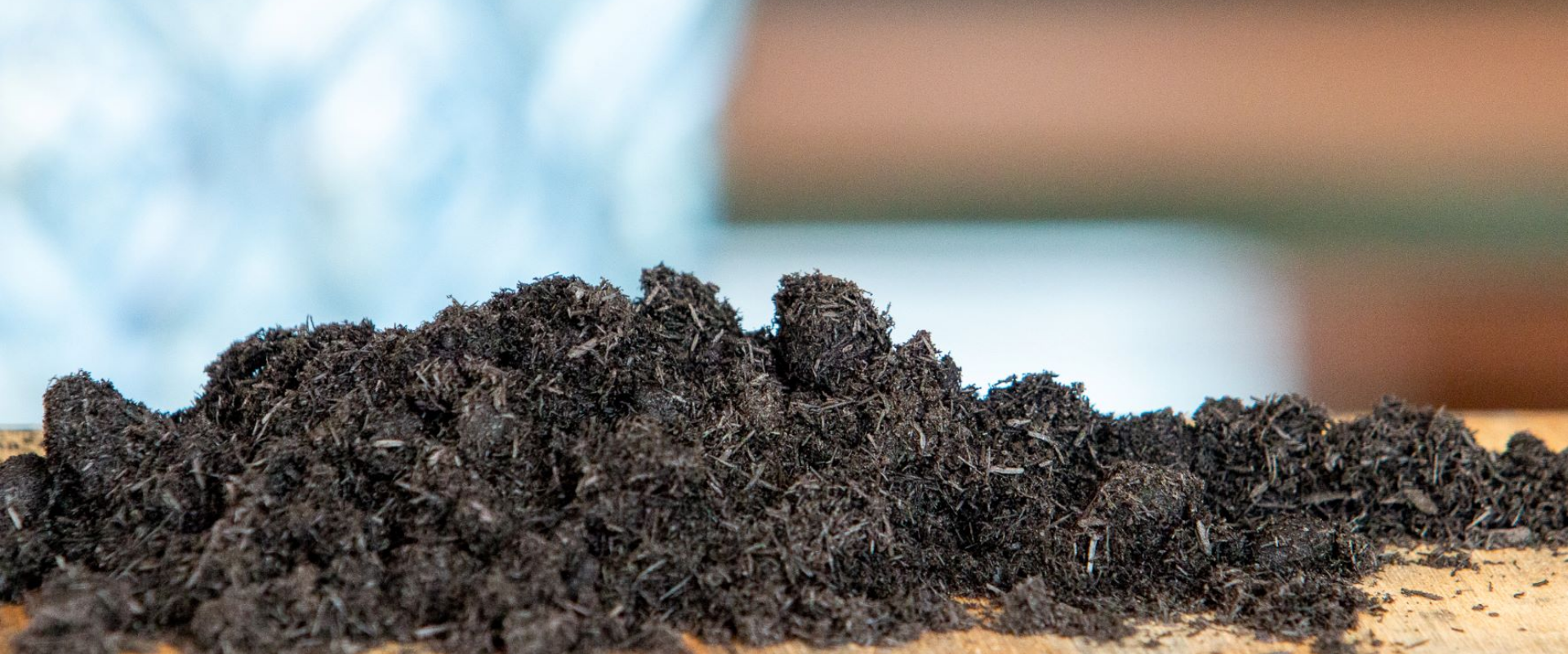
CREATING RENEWABLE PRODUCTS
FROM SUGAR CANE WASTE
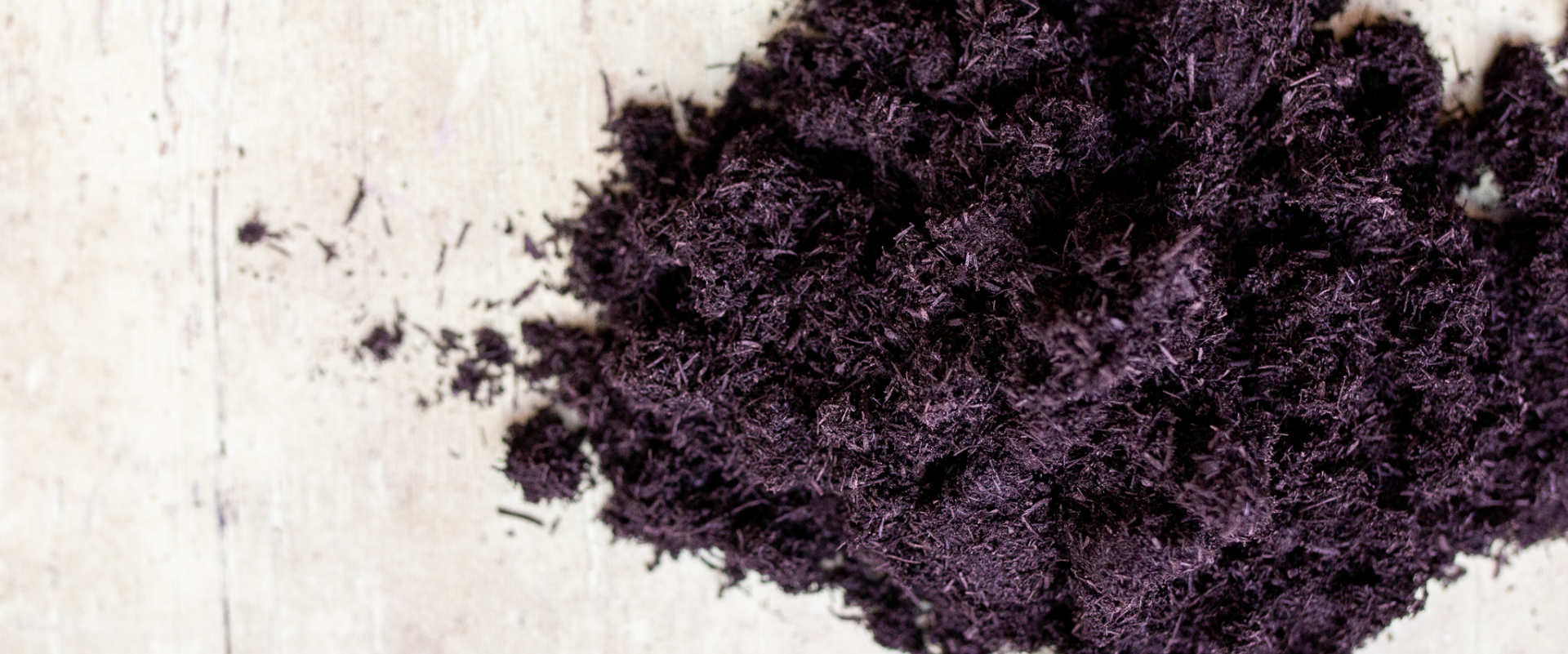
CREATING RENEWABLE PRODUCTS
FROM SUGAR CANE WASTE
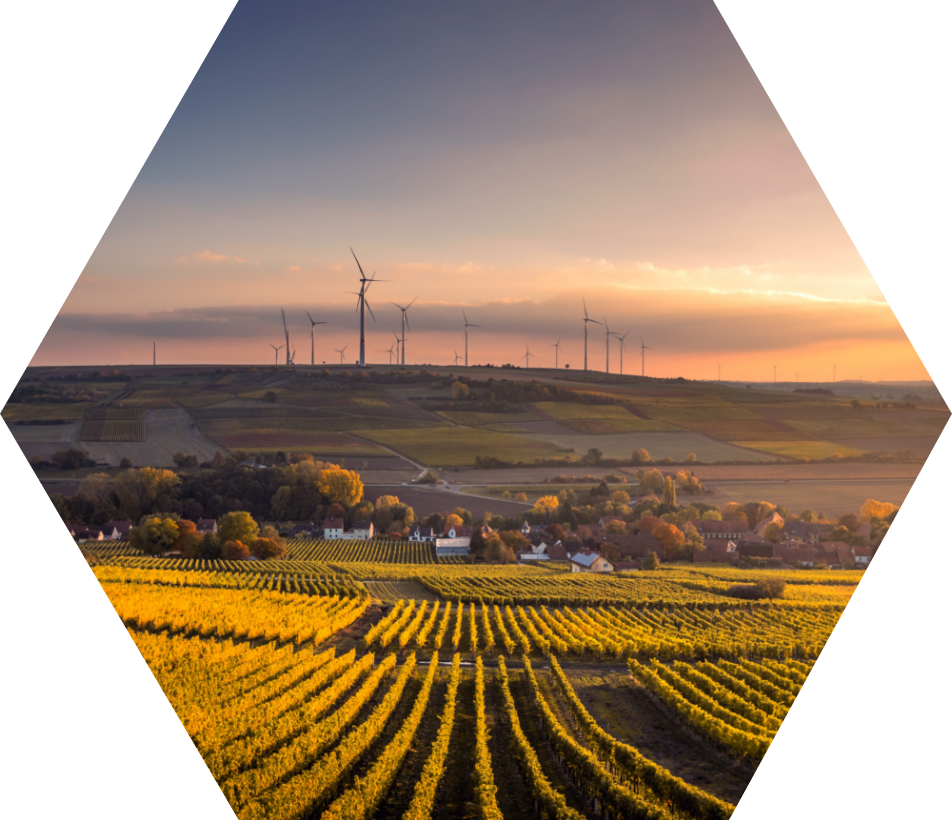
Unlock the Power of Carbon Sequestration
American BioCarbon is a leading force in the carbon removal and renewable bioproducts industry. We’re not just eliminating past environmental burdens; we’re paving the way for a brighter, more sustainable future, all while empowering our customers to achieve product advancements and their goals in Environmental, Social, and Governance (ESG) initiatives.
Turning Sugar Cane Biomass into Solutions
The unique properties of bagasse feedstock coupled with ABC’s proprietary net-zero manufacturing process creates higher quality products more efficiently. Rather than letting this waste harm the environment by burning it in fields or burying it in landfills, we harness its potential to create carbon-negative products with innovative applications.
Carbon-Negative Products
Order Now or Contact Us to Discuss Bulk Products Available for Industrial Use
-
 Sold out
Sold out100% Biochar
Regular price $75.00 USDRegular priceUnit price / per -
 Sold out
Sold outAbsorbent Pellets
Regular price $14.95 USDRegular priceUnit price / per -
 Sold out
Sold outHigh Seas Bagasse Biochar
Regular price $75.00 USDRegular priceUnit price / per -
 Sold out
Sold outLouisiana Sweet BBQ Smoker Pellets
Regular price $19.95 USDRegular priceUnit price / per
Carbon Removal Credits Now For Sale!
Along with our product lineup, American BioCarbon is a trailblazer in the world of carbon removal. By partnering with Puro.earth, the leading platform for engineered carbon removal, we offer digital tradable assets known as CORCs (CO2 Removal Certificates). The production of biochar permanently sequesters carbon from agricultural biomass. It's more than just environmental stewardship; it's a bold step towards climate change mitigation.
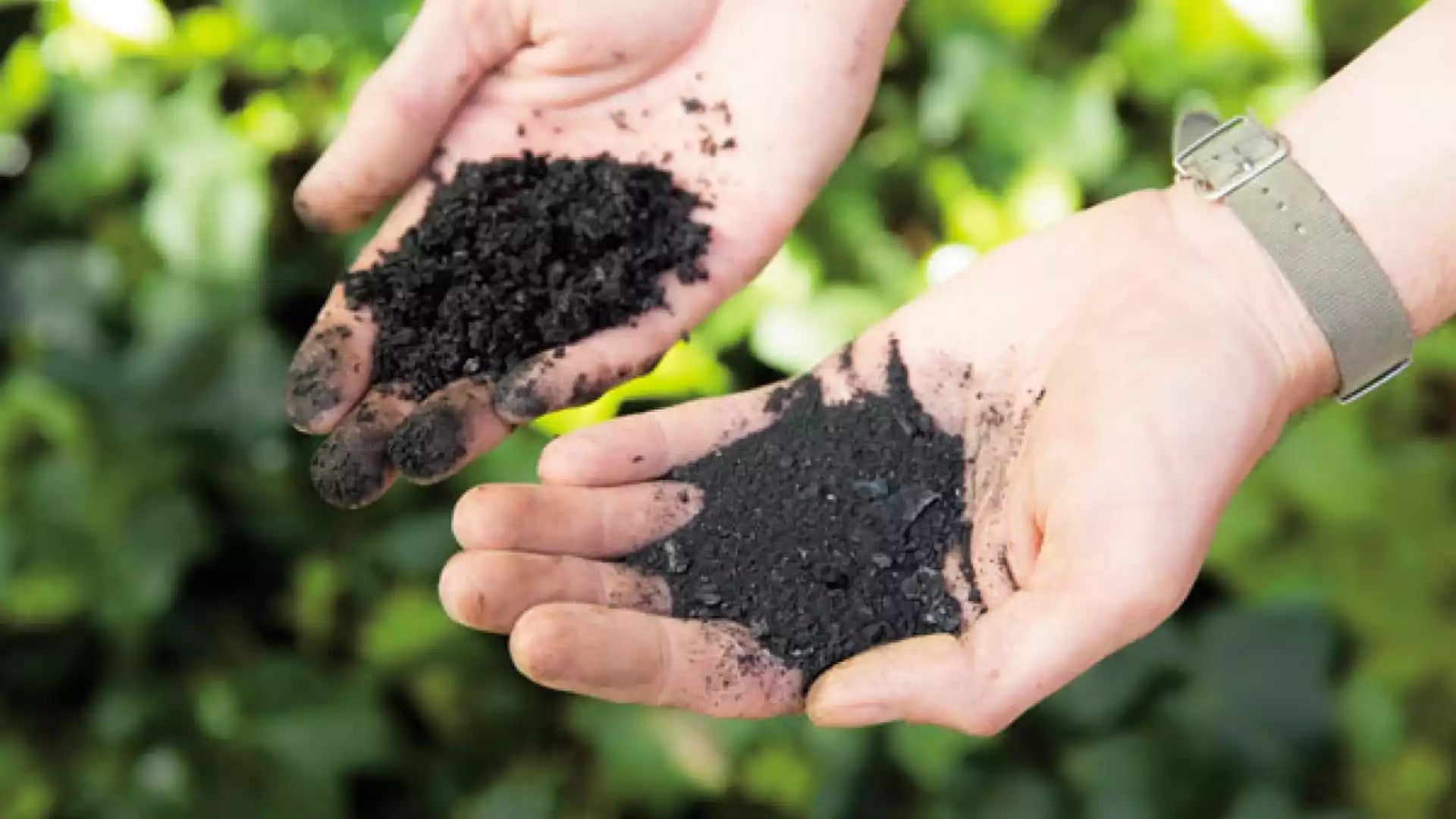
Interested in Getting Involved?
Contact us to discuss product sales and co-location opportunities.




